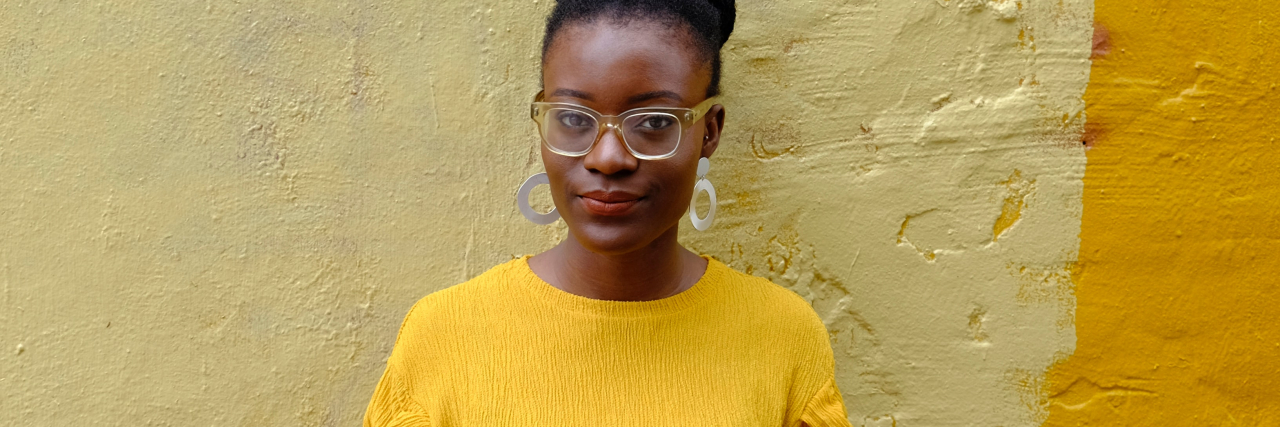We’re Told Black Girls Don’t Get Eating Disorders, So I Struggled to Understand Mine
Editor's Note
If you live with an eating disorder, the following post could be potentially triggering. You can contact the Crisis Text Line by texting “NEDA” to 741741.
Black girls don’t get eating disorders: a myth that has been perpetuated by media, fully embraced by all communities, and fogged the lenses of health professionals.
I remember sitting across from my psychiatrist when she informed me that I was being hospitalized. I wasn’t sure how to react. I knew that I needed the help, but part of me refused to accept that I even had a problem.
Within the Black community, food is a sign of love and family. Food is used to mend broken relationships and comfort us in times of grief. The notion of food being seen as an enemy is unheard of. That is why it was so hard for me to understand why both my psychologist and psychiatrist kept saying I had an eating disorder.
I had a rather “normal” relationship with food growing up. I was fortunate that I never went hungry and I could always get the fun treats I asked for. It was only after a traumatic event that my relationship with food changed.
I didn’t realize it then, but I started to become picky with what I ate. Food that I used to love started making me sick. I remember having a strong need to become thinner — thinner not because I wanted to look beautiful, but because I wanted to be invisible. Because if you can’t be seen, you can’t be hurt.
Perhaps it was my desire to hide or my constant need for control that alerted my psychologist to my eating disorder. Whatever it was, I guess I was lucky that someone noticed and made sure I got help. According to the National Eating Disorders Association (NEDA) 50% of Black teens are more likely to exhibit signs of bulimia, but only about 17% will be given help.
The notion of a “strong Black woman” and the long-perpetuated lie that only white women get eating disorders has resulted in Black women being left out of the conversation. This is even when Black women are constantly subjected to absurd beauty standards and berated with comments on how a Black woman should look like.
Clarkisha Kent, in her article “Black Women Suffer From Eating Disorders Too,” stated how these ever-increasing and constantly evolving standards of beauty “… leave many Black women with no choice but to engage in disordered eating in an effort to correct our ‘fundamentally flawed’ bodies.”
The fear and anxiety surrounding weight gain and food will persist regardless of one’s skin color; eating disorders do not discriminate. And if we stay in a world that continuously pushes the narrative that Black people do not get eating disorders, many Black women will continue to suffer in silence.
“We have to teach our girls that they are not their bodies. They are more than what’s on the outside. They need to know that most of what’s on social media and TV is filtered. We have to teach them that beauty is the kindness in their hearts and the love in their actions.” — Achea Redd, in “Women of Color: The Eating Disorder Survivors Who Suffer in Silence.”
Photo by Mike Von on Unsplash

